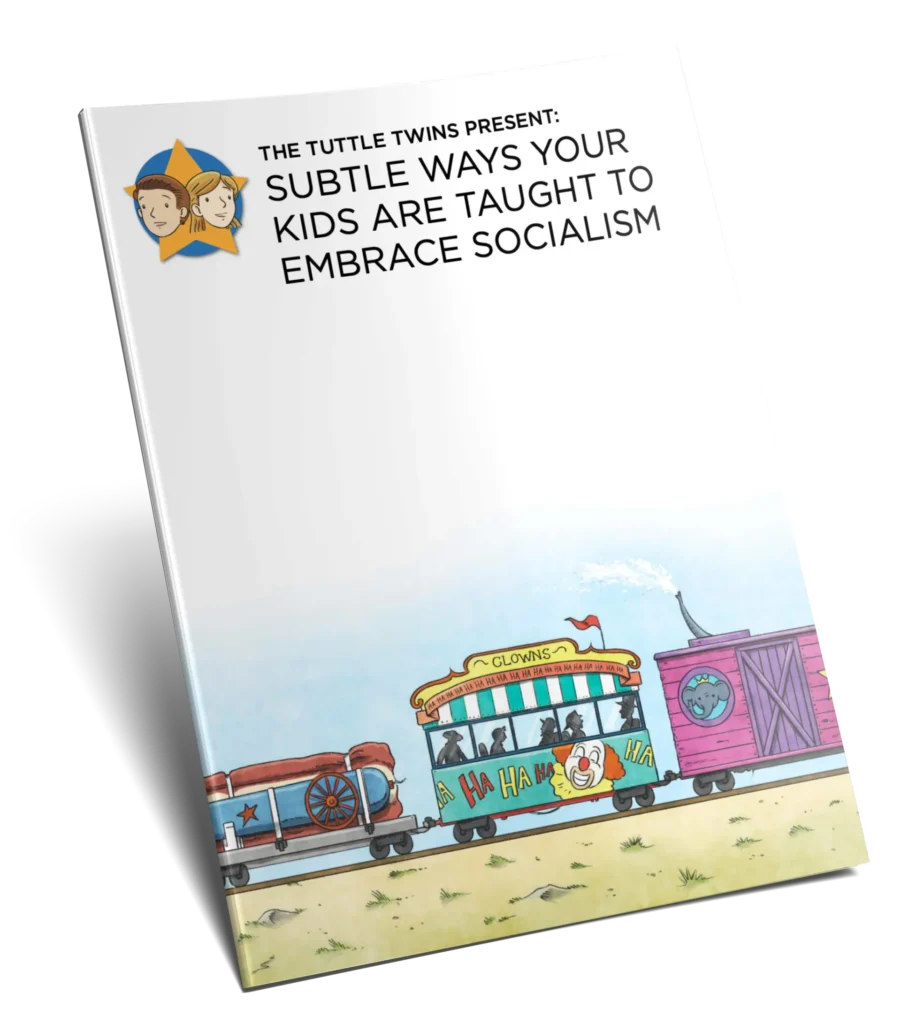Have you ever noticed that the countries we’re told to hate always seem to have a few things in common?
They don’t have McDonald’s on every corner. They don’t take out IMF loans. And they don’t peg their currency to the U.S. dollar.
In fact, many of them flatly refuse to play ball with the Western financial system.
That might sound like a coincidence. But it’s not.
A compelling case can be made that when a country resists the “rules-based international order” (as they like to call it)—and especially when it resists the Western-dominated global banking system—it tends to find itself isolated… sanctioned… or worse.
Let me give you a couple of quick examples:
- Iraq: In 2000, Saddam Hussein decided to sell oil in euros instead of dollars. By 2003, Iraq was invaded, its leadership toppled, and its economy rebuilt under the IMF and World Bank.
- Libya: Muammar Gaddafi pushed for a gold-backed African currency that would compete with the U.S. dollar and the French-controlled CFA franc. Two years later he was dead.
This pattern is repeated across multiple countries—some authoritarian, some not—who had one thing in common: they wanted to maintain financial sovereignty.
They didn’t want to borrow from the IMF, and they didn’t want to let outsiders dictate how their central banks should run.
Now, I’m not defending the dictators (or central banks!) or pretending these countries were utopias.
They weren’t.
But if you look past the headlines and emotional appeals, a bigger picture emerges: One where those who resist global financial control often face consequences far more severe than mere disagreement.
The “international community” tends to come knocking—sometimes with a banker’s briefcase, and sometimes with a missile.

We can blame it on the Rothschilds or some shadowy cabal, or just call it politics as usual, but there’s no denying there are systems of power—financial, military, and political—all working together to make sure nobody steps out of line.
Unfortunately, most people never connect the dots because they were raised to believe the U.S. is always the good guy and war is always about freedom.
That’s why it’s so important to teach kids about how the world really works.
In The Tuttle Twins and the Golden Rule, we explore this topic from the lens of peace, persuasion, and voluntary cooperation. Inspired by the ideas of Ron Paul, the story shows how conflicts arise when people (and governments) abandon the principle of “treat others as you’d like to be treated.”
Instead of using trade and friendship, too many nations resort to coercion and force to get what they want.
And the kids in our book learn that real strength isn’t always about domination or control—it’s about doing the right thing, even when it’s hard.
Kids born after 9/11 only know a world of endless wars, drone strikes, and massive military spending. But most of them don’t understand why those things happen—or how they’re connected to the economy, the dollar, and global power.
That’s what we’re here to change.
In light of current global events, now might be a great time to grab a copy of The Tuttle Twins and the Golden Rule for your family—it’s a powerful way to spark conversations in your home about peace, power, and what happens when governments forget the Golden Rule.
The language of war is ramping up in news and media. We’ve seen this before.
If you want to inoculate your kids against the powerful beat of the war drum, we want to help.
— Connor




